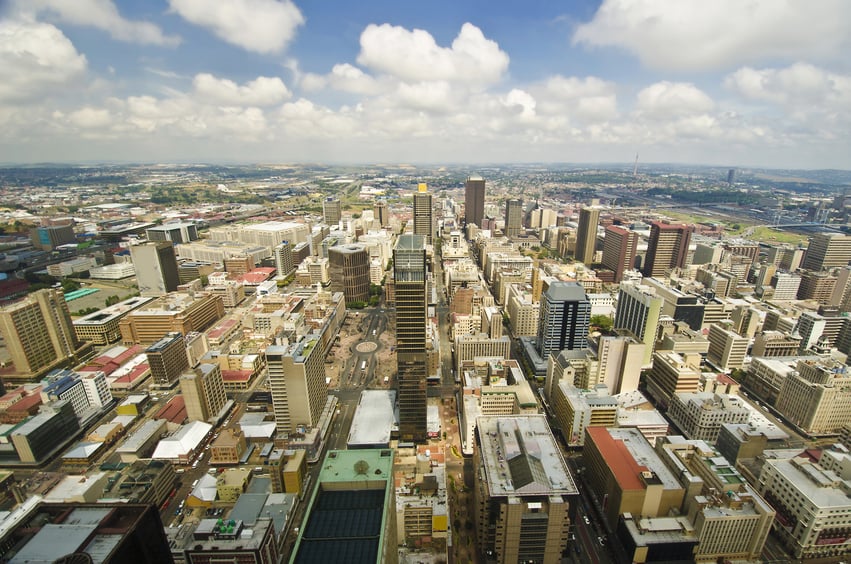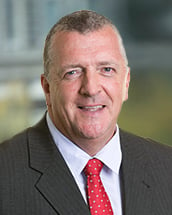In brief
South Africa received the positive news on 10 June 2021 that the threshold for self-generation power project licenses would increase to 100 MW. This is a welcomed and long-awaited development in a country that has been plagued by power supply challenges, which have had a significant impact on the private sector and are contributing to the impediment of much needed economic growth in South Africa.
The announcement on 10 June 2021, by South African President Cyril Ramaphosa, that the threshold for self-generation power project licences would be lifted for projects generating up to 100 MW of power is positive news for South Africa.
The draft amendment to Schedule 2 of the Electricity Regulation Act (ERA), was published for comment in April 2021. It contained a self-generation threshold of 10MW of power, which allowed power plants with a capacity of between 1 MW – 10 MW to not be required to obtain a generation licence, but to register with the National Energy Regulator of South Africa (NERSA). The announcement by President Ramaphosa will require the draft amendments to be revised to increase this threshold to 100 MW.
This change is welcome in the current context, where power reductions have had a significant impact on the private sector and are contributing to impeding much needed economic growth in the country. Multiple actions, including the facilitation of self-generation opportunities, as well as possible industry restructuring, the implementation of the restructuring of Eskom, and the amendment of policy and regulation to keep abreast of technological advancements, need to be urgently assessed to address the country’s power supply challenges. Consumers must also have the ability to consider a broader range of supply options in order to ensure stability of supply, address ESG considerations and ensure greater certainty and visibility around tariff trajectories.
President Ramaphosa announced in October 2020 that, as part of his Economic Recovery Plan for the country, the current regulatory framework would be reworked to facilitate new generation projects as well as to fast track applications for own-use generation projects. The President’s recent announcement on 10 June is a step in the right direction. It is hoped that the necessary regulatory amendments can be promulgated shortly to build on the momentum created by this announcement.
There has been broad acknowledgment that South Africa has to move forward towards the necessary energy transition and the increased utilisation of renewable energy, and that the country has been in dire need for a reliable and secure energy supply. The announcement brings South Africa more in line with the global energy transition towards a decarbonised and decentralised energy system. However, policy clarity is urgently needed in respect of the right of licence-exempted generators to sell their excess power to energy distributors.




